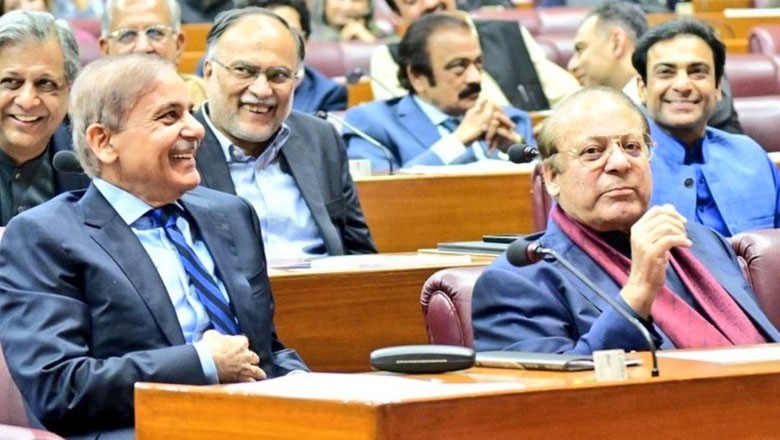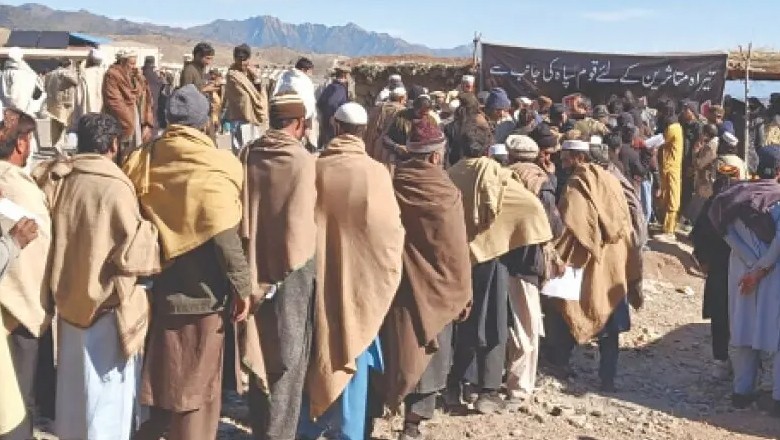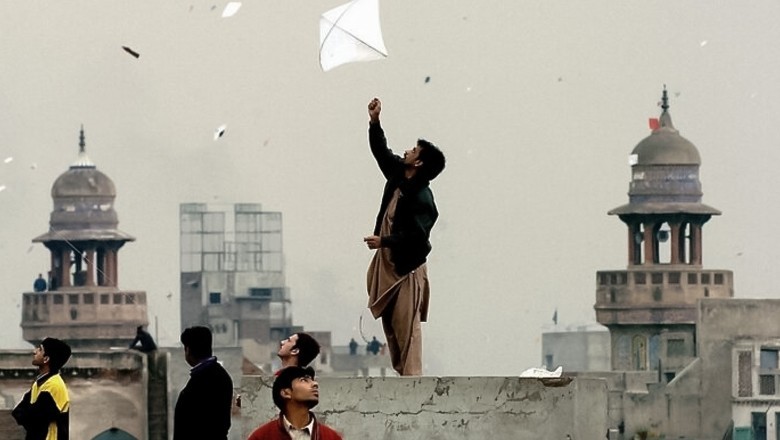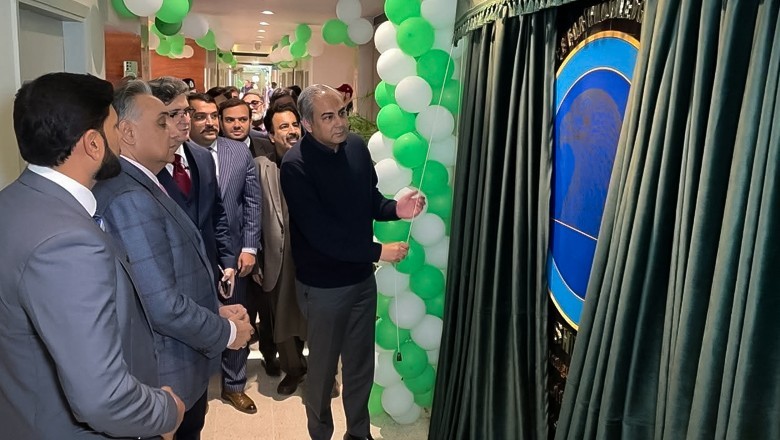Riba-free Pakistan: An 'Islamic touch' or PM Shehbaz's vision of economic revolution?

Web Desk
|
23 Oct 2024
Pakistan has passed its 26th constitutional amendment, incorporating legislation to eradicate 'riba' or interest from the country's economy by January 1, 2028.
The move aligns with the Federal Shariah Court's 2022 decision to abolish the usury system by 2027, adhering to Islamic principles.
But, the amendment has sparked debate among experts.
Former chairman Islamic Ideological Council Dr Qibla Ayaz expressed his support for the new law and voiced to implement the amendment.
"If the usury system is not ended by January 1, 2028, according to the constitution, anyone can stand up and say it's a violation of the constitution, creating a constitutional crisis."
He stressed the need for focal persons in the Ministry of Finance to ensure interest elimination.
Dr Ayaz explained that the Federal Shariah Court's decision was previously challenged through appeals, hindering its implementation.
"JUI-F thought to give it constitutional cover," he said, referencing discussions between JUI-F, PPP, and PML-N government.
Regarding Islamic banking, Dr Ayaz noted, "Many banks have improved, conducting Islamic transactions. Remaining banks have separate counters for Islamic banking."
However, questions were raised before the Federal Shariah Court about renaming interest.
Dr Motia Rahman, Senior Researcher at the Federal Shariah Court, hailed the amendment as "an important development for Pakistan's Islamic financial and banking system."
He described it as a historic achievement reaffirming Pakistan's commitment to Islamic finance.
"I think it's wishful thinking. Both systems will run together. You cannot abolish the capitalist system with the stroke of a pen," Economist Dr Qais Aslam expressed skepticism.
He emphasised the necessity of profit margins in commercial and economic relations.
"Now they [government] will have to implement it within the given time frame or amend the constitution again." economist Dr Fahad Ali countered.
He predicted the government would rename interest as "Islamic banking".
Economist Ikramul Haq viewed the amendment as politically motivated.
"As far as creating a system without riba, Islamic banking is also usurious, presented in a new way."
He stressed the global financial system's reliance on interest.
"Pakistan's economy is connected to the world's. We cannot remain isolated," Advocate Nasir Ali noted.
He expected the word "riba" will be replaced with alternatives like "profit and loss."
Pakistan's economic system is a mixed economy, combining elements of market and planned economies.
The country's economy is largely based on agriculture, textiles, and services, with a significant public sector.
The World Bank, IMF, and other financial institutions are working with Pakistan to address development challenges and promote sustainable growth.












Comments
0 comment